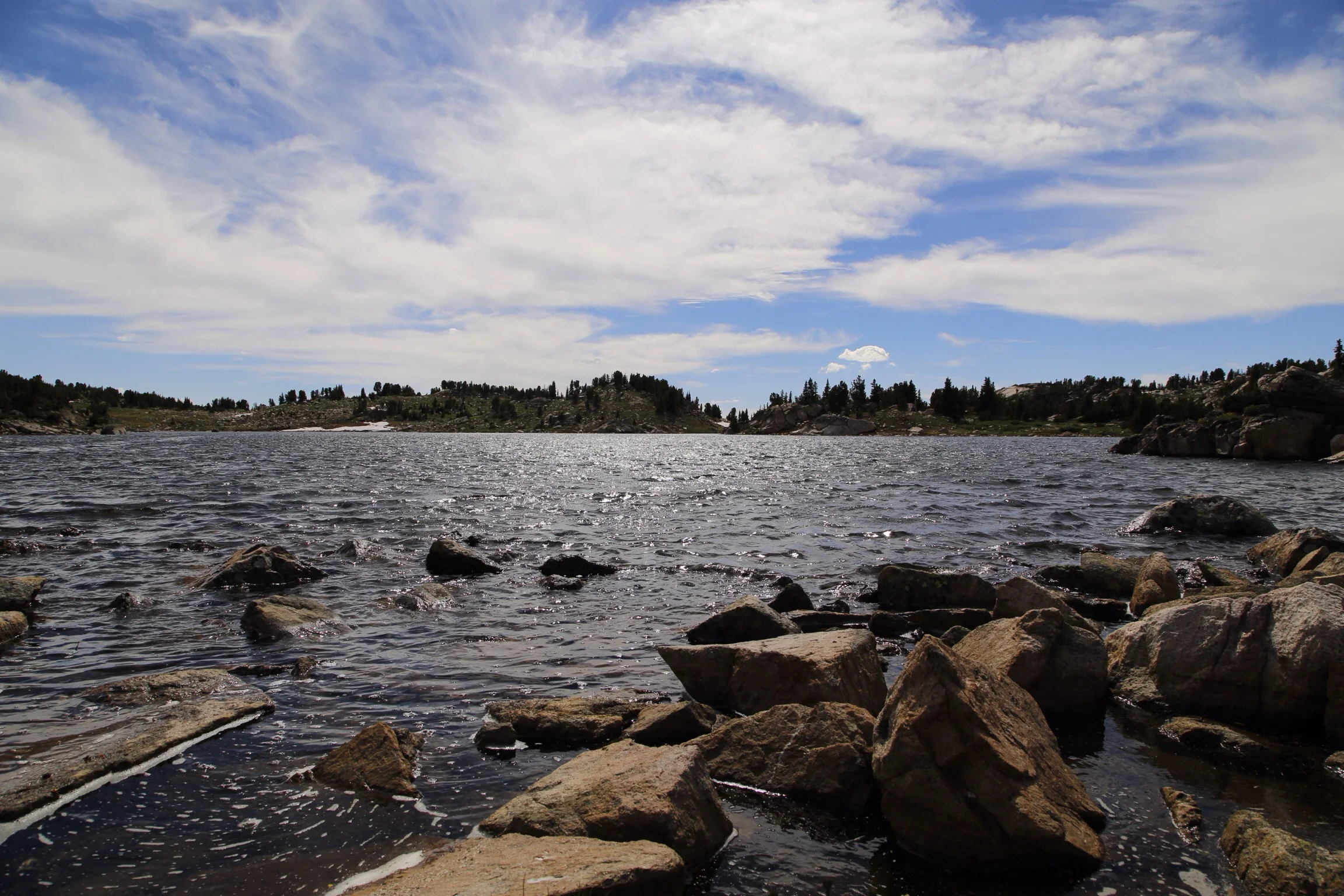The Next Generation of Water Policy to Support Farms and Fish in Montana
The combination of uncertain water supplies due to a changing climate, and an increased demand for different uses of water than have typically been prioritized under a system of prior appropriation water rights, is at odds with state water policies currently in place to navigate conflicts between water uses and water users in Montana. In the next several decades, Montana’s water policies, and the agencies that administer them, will be forced to adapt to changing biophysical and social dynamics. Conflicts over water are likely to increase in the next decade and beyond, and likely in places that have not yet experienced water shortage or conflict. There is a pressing need to develop policies and corresponding economic tools that can be applied at the state level, but that are also flexible enough to encourage application at the local, watershed, or stream-reach scale to solve specific challenges between water abstraction and use, and stream health and integrity. Through this research, student and faculty researchers leverage previous water policy work pursued at the University of Montana on the spatial distribution of agricultural and instream flow water rights in Montana to investigate innovative policy solutions that the state and local entities could adopt to navigate the future scarcities and inevitable conflicts between water extracted for irrigation and water left instream for aquatic habitat, water quality, and stream integrity.
Dr. Brian Chaffin is an associate professor of Water Policy and Governance in the W.A. Franke College of Forestry and Conservation at the University of Montana. Dr. Chaffin’s work focuses on complex questions of water policy and governance with the broad aim of disentangling elements of the human-water relationship to better understand potential pathways for managing water sustainably in the future.

